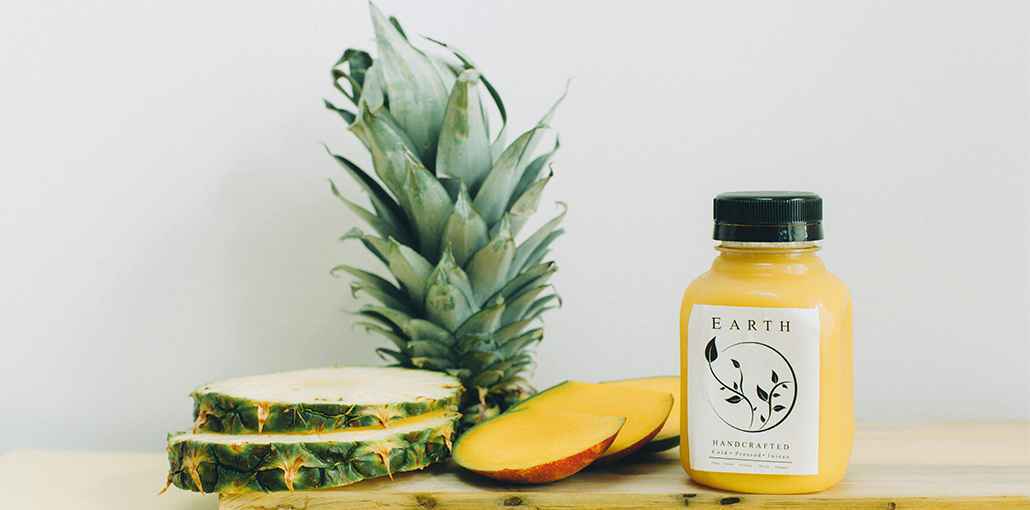More and more people are turning their attention to climate change, and the essential changes industries across the globe need to make. With product packaging being one of the leading sources of unnecessary waste in landfills today, many companies are being forced to re-evaluate their environmental impact, which often means switching to more eco-friendly solutions.
From the label manufacturing process to product sourcing and materials, there has never been a better or more critical time to switch to a green business model. Consumer loyalty has significantly shifted to sustainable companies and brands; those who avoid making changes could see themselves falling behind.
What are Sustainable Labels?
Sustainable packaging labels are made from sustainable and ethically sourced materials to reduce unwanted waste and the overall carbon footprint of a business. In today’s market, many consumers consciously try to align themselves with companies actively contributing to a more eco-friendly and sustainable future.
These labels can be made in a variety of different ways, using natural materials like paper, cotton, and compostable elements. While the cost of sustainable labels is typically higher than traditional options, the benefits connected with making the switch make it an investment worth considering.
Materials to Consider
Before making the switch to sustainable label materials, it is worth properly researching the available solutions to find the option best suited for your production line, business model, and budget.
FSC-Certified Papers
Paper certified by the Forest Stewardship Council is produced using responsibly sourced wood fibers. By receiving this certification, consumers know that the materials used meet a high-quality standard laid out by the FSC.
This specific type of label is strongly recommended in the food and beverage industry.
Plant-Based Renewable Labels
Many renewable labels contain elements, including cotton, paper, agave, and other naturally sourced products. One of the most common ways of producing these labels is using renewable plant products or animal feed.
Some labels available on the market are entirely biodegradable, leaving no harmful impact on the environment.
Recyclable Adhesive
Many common and well-known recyclable adhesive labels are made using starches from corn, potatoes, and sugarcane. However, alternative materials, including natural resins, casein, and beeswax, have since been introduced to the industry.
These materials can be melted down alongside packaging, creating no additional waste in the process.
Compostable Materials
To get the most from compostable labels, using them alongside compostable product packaging is strongly recommended, as it will give consumers a simple and straightforward way to dispose of them once used.
Benefits & Challenges
Switching to sustainable packaging and labeling products is good not only for the environment but also for business. Worldwide, many industries are seeing a notable rise in the demand for sustainable products, with many consumers choosing to shop with sustainable business brands and companies over their competitors.
Furthermore, it is a fantastic way to increase the lifespan of your product packaging and allow you to stand out against your competitors while reducing your carbon footprint.
While the benefits of making the switch to sustainable labeling outweigh the challenges in many respects, it is important to note some of the difficulties businesses will face when making the switch.
Also read: Top 10 Tips to Maximize Profits in Business
Finding the suitable material to suit your unique business needs will likely be your first challenge. You need to select an option that will support and protect your products in the same way non-sustainable solutions would.
Additionally, the cost involved is typically higher than traditional packaging due to the materials used, the sourcing methods, and sometimes having to use less established supply chains and processes.
Top Tips for Change
You can steer your business toward a more sustainable and eco-friendly future in multiple ways.
Use Recycled Materials
Using recycled materials in your brand’s labeling and packaging is the easiest way to create a more sustainable business model. In many cases, recycled labels are easier to produce and have no adverse effects on the printing quality. Replace single-use plastic labels with paper alternatives or polyethylene terephthalate liners.
Eco-Friendly Printers
Eco-friendly printers use ink made from sustainable and green materials as opposed to traditional petroleum-based options. The most common component used is vegetable ink, which is kinder to the environment and works efficiently enough to produce high-quality images with vivid coloring. Furthermore, once the packaging is ready to be recycled, the ink can easily be removed.
Label Sizes
An efficient way to cut costs and reduce the amount of materials used and waste produced, it is worthwhile shrinking the size and overall thickness of the labels you use. You will significantly lower the amount of production materials used, and you will be able to print more labels per batch, increasing your overall operational efficiency.
Production Process Review
To ensure your company and brand adhere to the rules and regulations surrounding green business practices, each stage of your production process needs to be reviewed and assessed.
The machinery and complete production line should support green methods alongside eco-friendly materials. By doing so, you will be able to reduce the emission of greenhouse gases and other unwanted waste.










Leave a comment